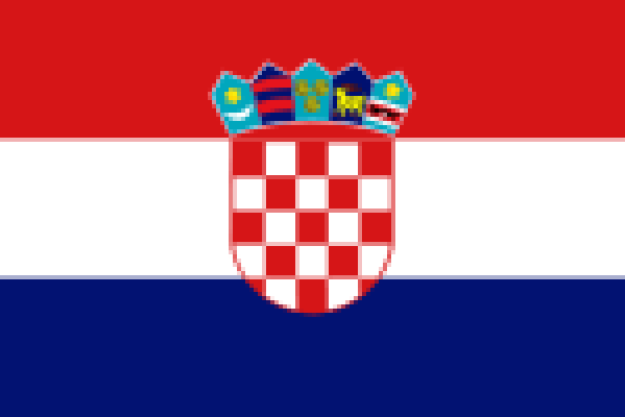
The Organisation for the Prohibition of Chemical Weapons (OPCW) organized a sub-regional workshop for customs authorities in South-Eastern Europe on the technical aspects of the Chemical Weapons Convention’s (CWC) transfers Regime. The workshop, held in Cavtat, Croatia, from 14-15 April, brought together 42 participants from 20 OPCW Member States (Albania, Azerbaijan, Belarus, Bosnia and Herzegovina, Bulgaria, Croatia, Georgia, Germany, Greece, Italy, Montenegro, Pakistan, Qatar, Rumania, Russian Federation, Serbia, Slovenia, the Former Yugoslav Republic of Macedonia, Turkey and United States of America) as well as the Stockholm International Peace Research Institute.
The workshop provided customs authorities in the sub-region insight into the practical implementation of the Convention’s transfers’ regime It focused on the how customs authorities may contribute to strengthening the non-proliferation mechanism of the Convention by helping to prevent or detect illicit transfers of scheduled chemicals. The participating customs authorities discussed the Convention’s requirements regarding the declaration of transfers, the role played by customs services in the identification of the relevant chemical imports and exports and exchanged national experiences in this area.
Subsequently, the Fourth World Congress on Chemical, Biological and Radiological Terrorism, hosted by the Croatian Government, convened in Cavtat from 16 to 20 April 2007. The Congress continues the series of meetings that have been organized jointly by the Ministry of Defence of Croatia and the non-governmental organization, ASA Inc. At the Congress, which is also sponsored by the OPCW, 200 government officials, scientists, medical and public health specialists, industry representatives, experts in crisis management and representatives of NGO’s from over 40 countries were assembled. Their discussions focussed on scientific, medical and policy aspects of terrorism to ensure effective preparedness in response to a crisis.
Emphasizing the on-going threat posed by chemical terrorism, OPCW Director-General, Ambassador Rogelio Pfirter, stressed in his message to the Congress that effective coordination of protection and assistance following a chemical attack is of paramount importance in saving lives and reducing suffering. He stressed that the CWC grants every State Party the right to request and receive assistance and protection against the use or threat of use of chemical weapons. Director-General Pfirter concluded that one of the most crucial tasks performed by the OPCW is to build Member States’ capacity to protect their populations, while maintaining the capability to effectively coordinate assistance if ever required.
The Congress marked the Tenth Anniversary of the Chemical Weapons Convention and expressed its gratitude to the OPCW for its continuous support and sponsorship. An exhibition devoted to the Anniversary of the CWC was displayed during the Congress.
PR33 / 2007
